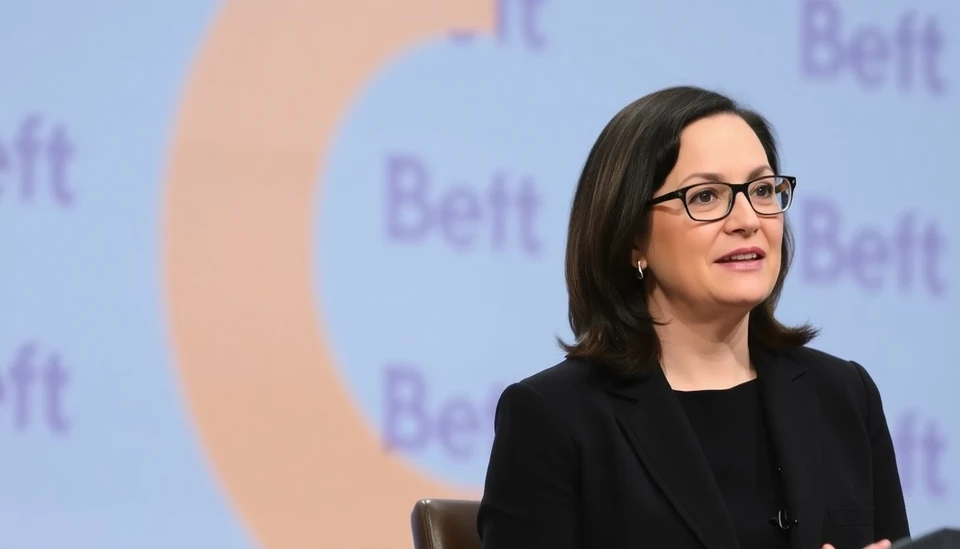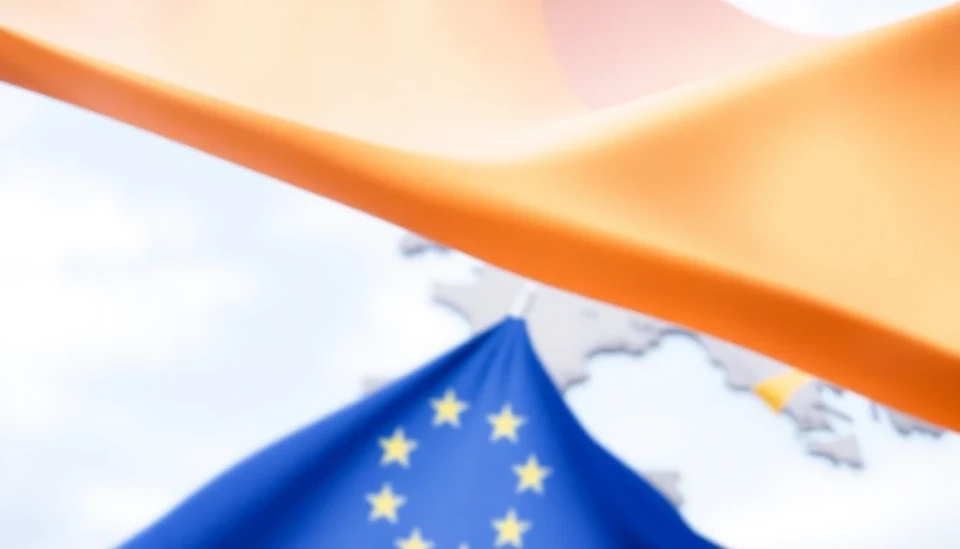
In a significant legal development, Mark Zuckerberg has successfully avoided facing personal liability in a series of lawsuits targeting Meta Platforms Inc. These lawsuits, which allege that the company’s social media platforms contribute to addiction and mental health issues among users, were brought forth by several plaintiffs from diverse backgrounds, suggesting a growing concern over the impact of digital engagement.
The most recent ruling from the federal court, handed down on November 8, 2024, dismissed claims against Zuckerberg individually while allowing the case against Meta to proceed. This decision comes in the wake of a broader trend where tech companies are increasingly scrutinized over the potential harms associated with their products, particularly as mental health becomes an urgent societal issue.
Legal experts have noted that this ruling could set a precedent for how platforms may handle liability claims in the future, especially involving allegations of addiction. The plaintiffs argued that Meta's algorithms are designed to foster addiction, leading to adverse psychological effects, especially among younger users. They contend that the company has a responsibility to mitigate these risks, pointing to rising concerns about the mental well-being of its user base.
Despite Zuckerberg's personal dismissal from the case, the broader implications for Meta remain significant. The company is still facing numerous lawsuits alleging negligence in protecting its users’ mental health. The lawsuit argues that despite being aware of the dangers, Meta has not taken adequate measures to curb excessive use of its platforms.
Meta, for its part, has consistently defended its practices, asserting that users are ultimately responsible for their engagement with social media and emphasizing its initiatives aimed at promoting digital well-being. The company pointed out the introduction of various tools designed to help users manage their time spent online and reduce potential impacts on mental health.
As public scrutiny of social media companies intensifies, this legal battle has broader implications for the tech industry as a whole. Organizations and advocates advocating for user safety are closely monitoring the progression of this case, as its outcome may influence policy changes and lead to a re-evaluation of how technology firms are held accountable for user engagement.
The ongoing criticism of major social media platforms regarding their effects on mental health continues to fuel national conversations about digital responsibility and user safety. As the legal proceedings unfold, many are watching to see what potential reforms might emerge in terms of regulatory measures applied to tech giants.
In summary, while Zuckerberg has sidestepped personal responsibility in this instance, the lawsuits exemplify the mounting pressures facing Meta and similar companies amidst growing concern over mental health and technology use. The legal outcomes could shape the landscape for accountability in the tech sector, prompting a re-examination of practices to ensure user protections and mental well-being.
As we look ahead, the situation remains dynamic, and further developments in this case are expected to capture the attention of both the public and policymakers alike.
#Meta #MarkZuckerberg #AddictionLawsuits #SocialMedia #MentalHealth #TechAccountability #DigitalWellness #LegalNews
Author: Samuel Brooks




